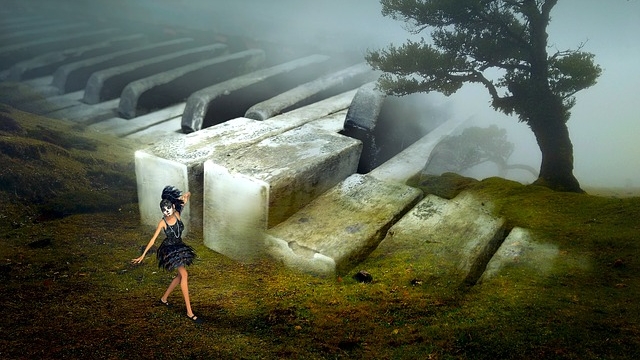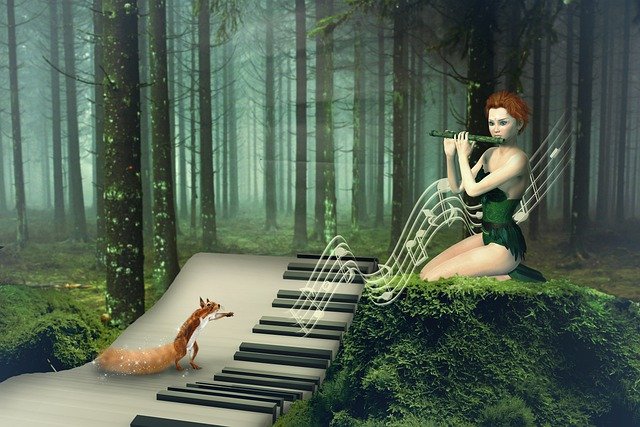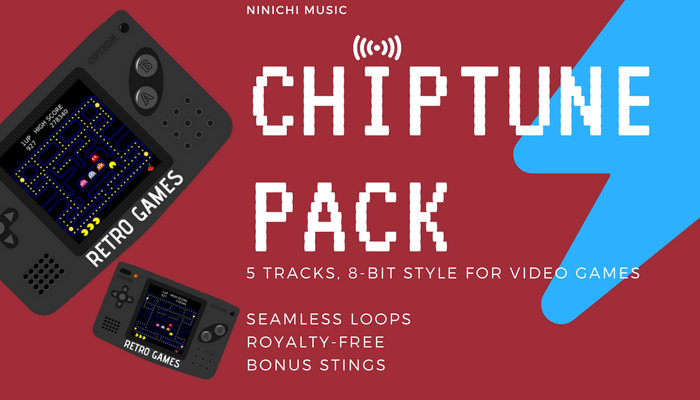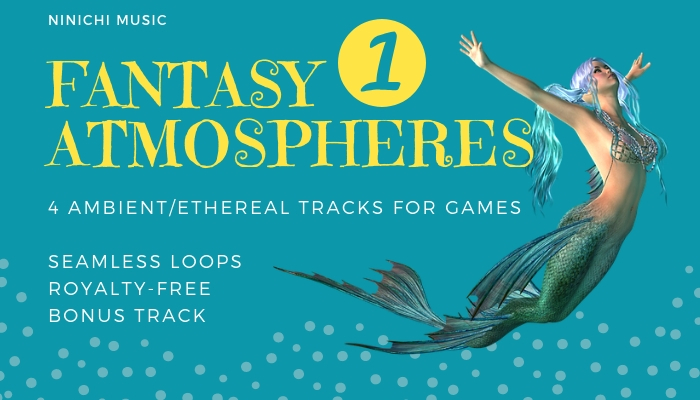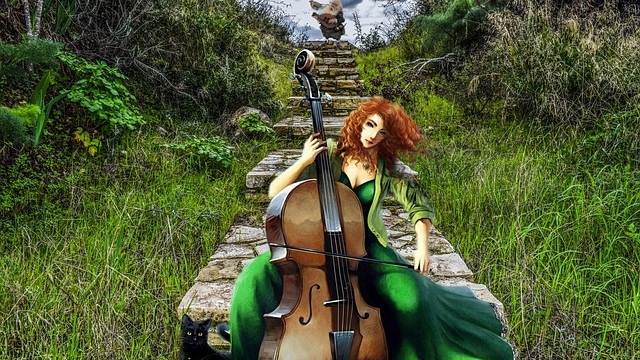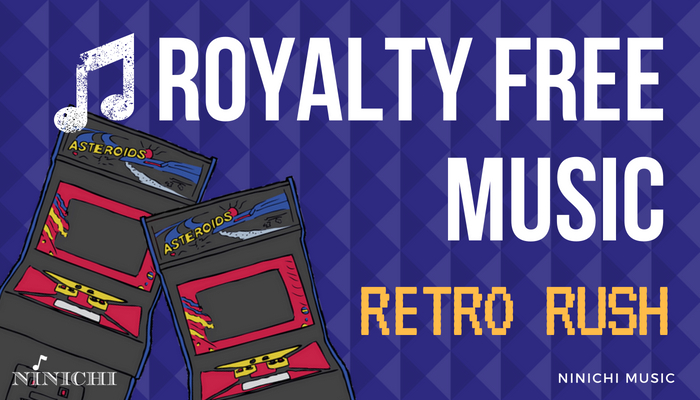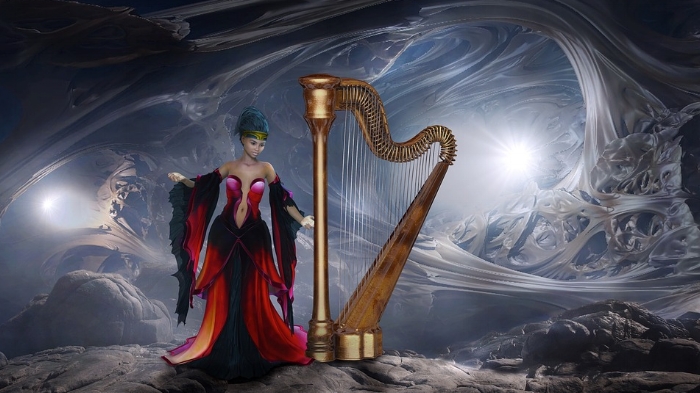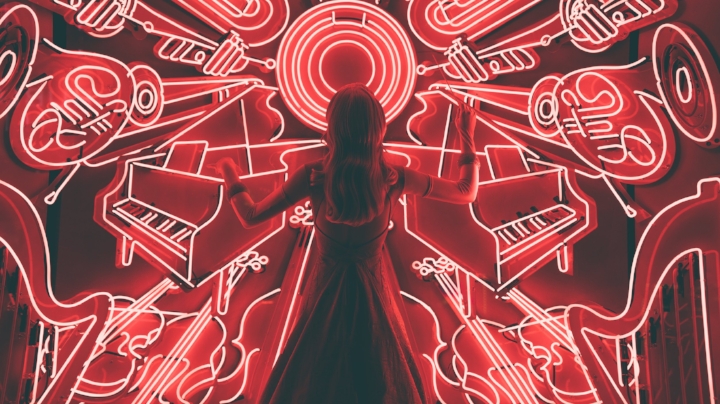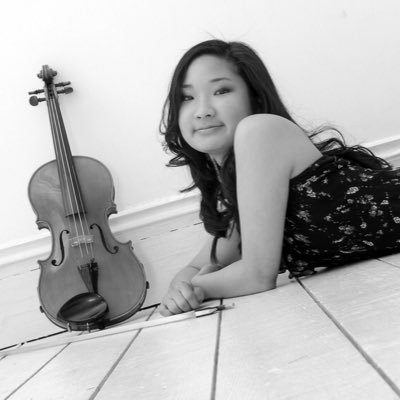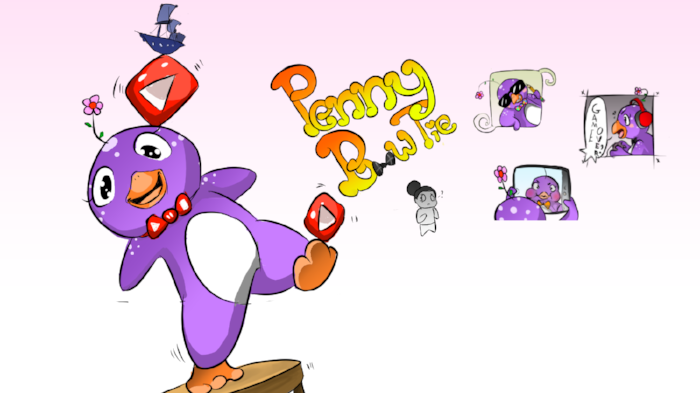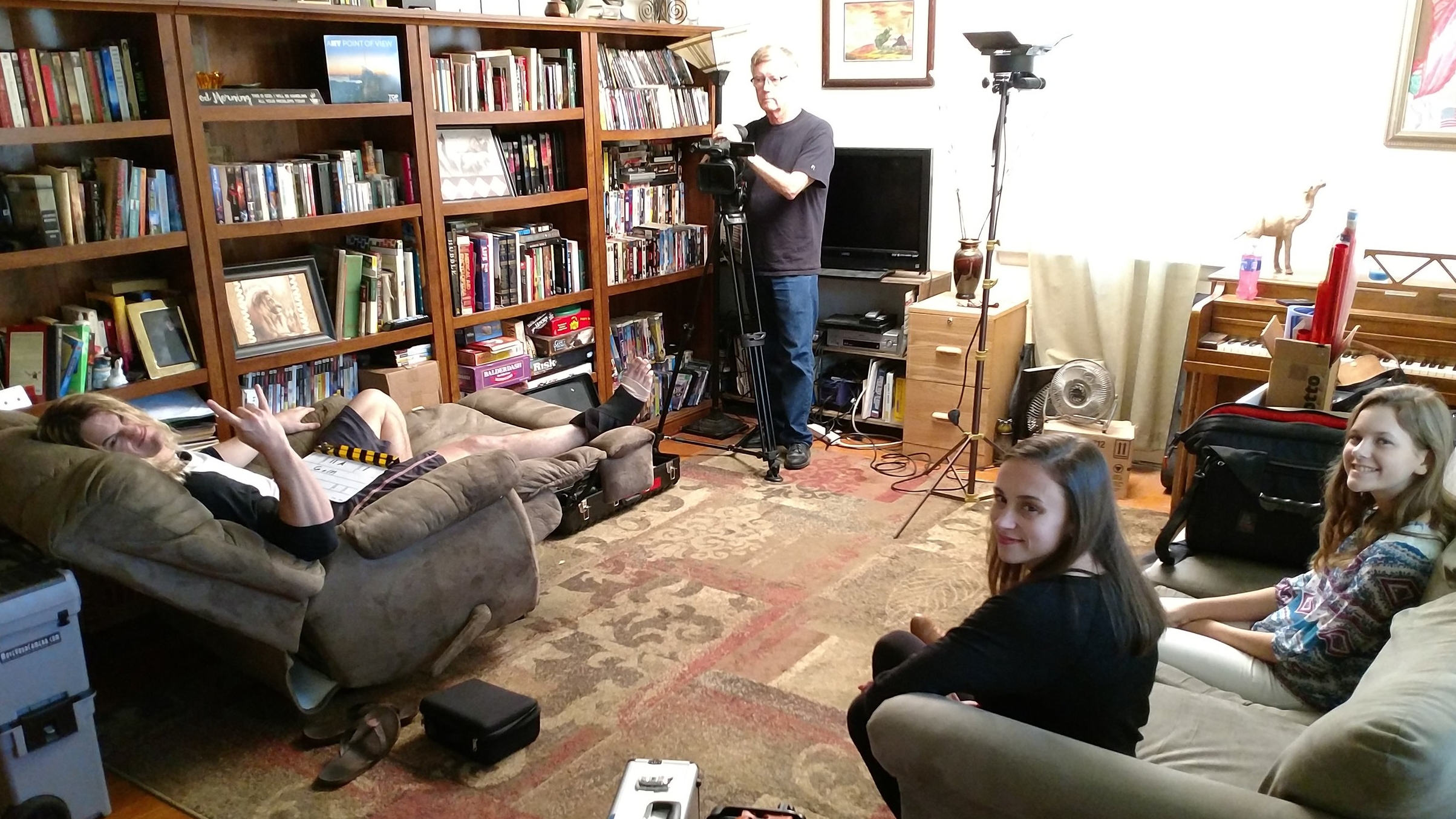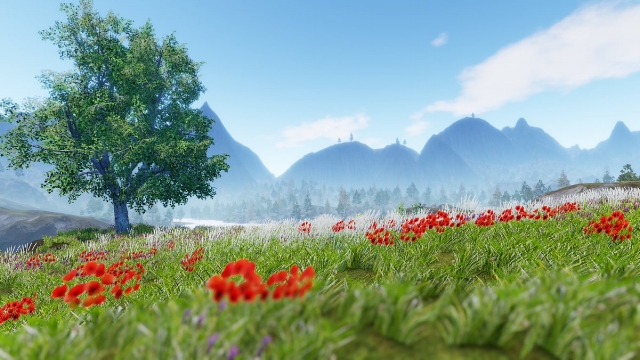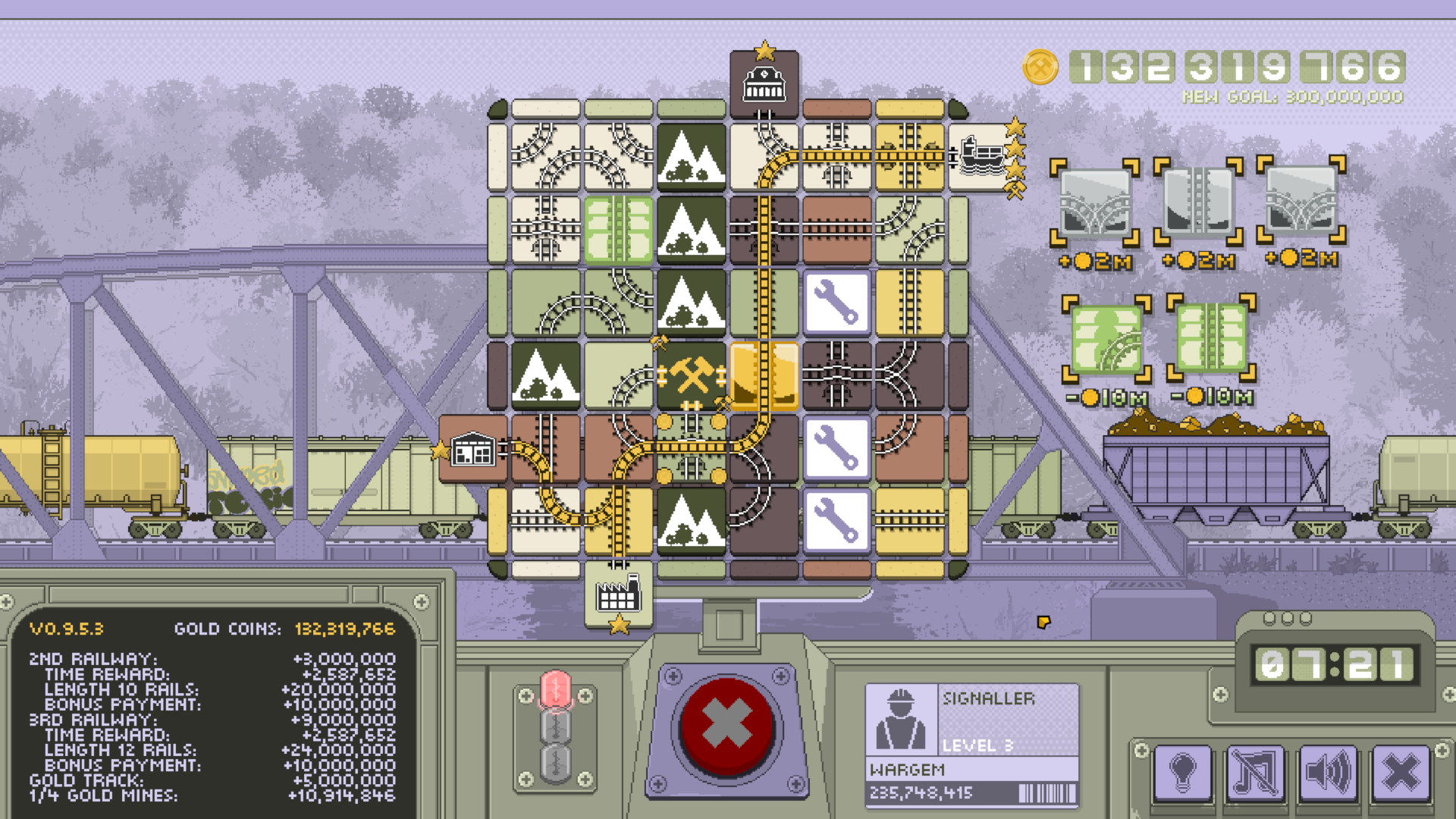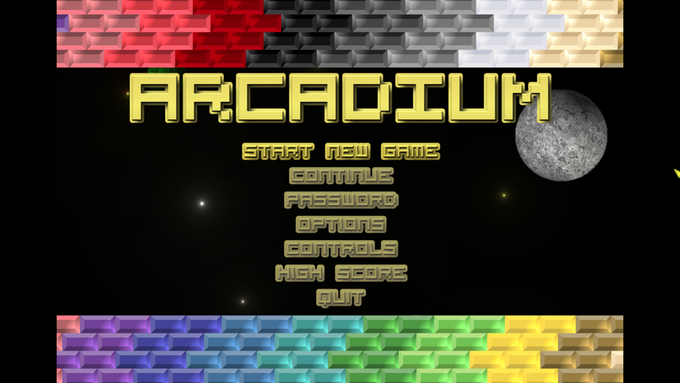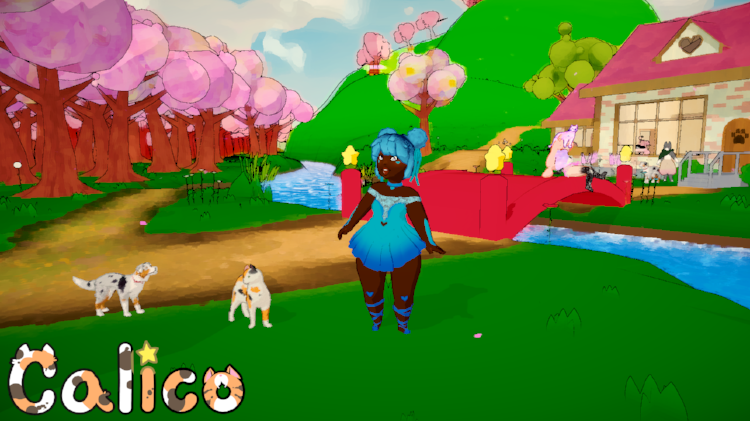If this is your first time visiting my blog, welcome! I’m a game music composer and believe that communication is key to a strong working relationship. In order to ensure that you get the best music for your project, whether it’s a game music soundtrack, film score or anything else – knowing how to communicate effectively with your chosen composer can really help. Here are a few tips that I hope will help you to get the most out of your working relationship with your composer.If this is your first time visiting my blog, welcome! I’m a game music composer and believe that communication is key to a strong working relationship. In order to ensure that you get the best music for your project, whether it’s a game music soundtrack, film score or anything else – knowing how to communicate effectively with your chosen composer can really help.
Read MoreMUSIC
5 Reasons Why Jingles are Vital For Great Advertising
If you’re involved in advertising and are wondering how to make your advert stand out, think carefully about the music jingle that everyone will hear as they listen to and watch your advert. Jingles are a super important part when it comes to advertising and it’s amazing how much impact they can have on an advertising campaign and on one’s brand.
I’m a freelance jingles composer and have worked on various jingles, theme tunes and intros and outros for different shows and commercial adverts as well as working on soundtracks for games and films (see my homepage or jingles & intros page). It’s a really rewarding experience and one that I feel passionately about. Often the importance of getting the right jingle can be overlooked and so I hope that this article helps to offer some insight and ideas around why they require real thought and consideration, and that by investing time and energy into this, you will most definitely see your advertising campaign come to life!
Read More3 Basic but Important Game Music Rules!
When it comes to the music and/or soundtrack to your game, it’s really important to get some basics right. For some people it’s easy to identify and decide on what sort of style and mood you want for different parts of your game. For others, it can be really tough, since there will be various different options and directions that you could go in, and it can be hard to tell what would fit best and be most well received by players of your game.
It’s challenging for me to help you choose the right music for your particular game without knowing much more about it, but there are some general rules that I hope may help you in your decision making around what kind of game music you might like for your game and also where you might want to get it from…
1. Game music is there to support the gameplay
That means that it should NOT be overwhelming or too distracting. It is there to enhance, engage and support, not be the centre of everything. Great game music adds to the experience and heightens the emotions that you feel as you move through the game.
If working with a composer, it’s important that they understand this and aren’t the type to create music that takes away the focus from your game. A good composer will know how to create music that has that precise balance that’s needed to capture one’s attention enough to be interesting and fun to listen to but which is still something that sits neatly in the background to the main gameplay.
2. A lot of game music loops
Most game soundtracks will consist of looping tracks, which are between 30 seconds to 2 minutes long, on average. That means that although the tracks shouldn’t be overwhelming, they also shouldn’t be too repetitive either. They may be played over and over again depending on how long someone plays the game for, and so ideally you’ll want your music to be fun and engaging to listen to several times.
This means that you probably want your composer to have a real talent for melody and for developing tunes in a way that they can be repeated several times without becoming boring or annoying. Tunes that are too simple, can be often too easy to remember and hence when they’re repeating often, it becomes irritating. However, tunes that are too complex aren’t memorable or catchy at all and thus aren’t usually great to listen to.
3. Consistency and coherence
Whether you’ve decided to work with one composer, multiple composers or to source your music from elsewhere, it’s important to think about the consistency of the music across your soundtrack and within your game.
Across your game you will mostly likely want and need a variety of different types of music to bring out different aspects of your game. Whilst the variety in the moods and potentially styles and important and useful to help bring your game, game areas/locations and characters or situations to life, it’s also important to have a sense of consistency and coherence across all of the game music.
It needs to sound as though it’s all part of the same game and fits well within the game world. This is often tricky to do if using music from a wide variety of sources because the styles, instrumentation, sounds etc. can all be quite different. To someone playing your game, if the music doesn’t have that sense of coherence, the game may feel quite disjointed.
I hope you’ve found this article useful! If you find yourself getting a bit confused when it comes to the music for your game and/or would like some help with it, do feel free to contact me. I’d be delighted to work with you on your game music and look forward to hearing about your wonderful project!
About the author: Ninichi is a freelance composer and music enthusiast. She has composed the soundtracks and music to several indie games. Contact her: to explore working with her on your game, film or media project.
Check out examples of Ninichi's game music compositions and soundtracks & read more articles like this on the Ninichi music blog.
Follow her @ninichimusic
5 Things to Think About When Creating Podcast Intro Music
Firstly, what is podcast intro music? Well, it’s the music that plays at the start of your podcast that acts as the introduction to your show. It’s how your podcast opens up and can be where you may want to introduce yourself and the show to your audience or it’s the little jingle that plays before you start talking.
As a jingles composer (check out some of my jingles), I often get asked to create podcast intro music and outro music for different shows, which includes podcasts, web-series, videos, TV shows and more. It’s important to think about what kind of music you want for your intro because it is usually in those first few seconds of a podcast, that people decide whether or not to continue listening or not.
So here are a few things that you may want to consider when deciding on your podcast intro music in order to make sure you make a great first impression:
1. What style of music do you want?
There are many different kinds of music and so one of the things to try and get clearer about is what sort of sounds and style would represent you and your show best.
Do you want instrumental music or do you want some singing and lyrics in the intro? Are there certain instruments that you really love the sound of, or do you want electronic sounds or some other kind of music?
2. What might your listeners like to hear?
Who will be listening to your podcast or who would you like to attract to your show? Is there a certain kind of music that might work well for them and that they would enjoy listening to? Ask your target audience and get a feel for what might be good.
Do you run a gaming podcast for example? If so, perhaps some game music would work best to represent you and the show e.g. several gaming channels that I’ve created intros for have gone for an 8-bit / chip-tune style intro to give a retro-gaming vibe to their show. These seem to work really well and get people excited and hyped up about the podcast.
3. What kind of mood do you want your podcast intro to set?
I’ve just mentioned that for some of the intros I’ve done, they were about hyping people up and putting people in a good mood for the rest of the show. Is this the kind of mood you want for the show or would something else work better?
Think about what your podcast is about, the type of content and topics that you cover and from that determine what sort of mood you want people to be in when they listen to your podcast.
If you’re podcast is all about de-stressing, yoga or meditation for example, then the music for your podcast intro may want to be calming. Otherwise many tend to want to set people in a good mood but still figure out what this means for you e.g. do you want people to simply feel happy, or inspired, excited, uplifted, ready-for-action or something else?
4. Decide how long you want your intro to be
How long are your overall podcast episodes and how long should your intro be? Most of the podcast intros I’ve done have been between 30-60 seconds. Some are shorter e.g. 15 seconds and other shows have longer theme tunes.
Think about how long you feel is long enough to grab people’s attention and get them hooked into your show, however, I’d recommend keeping it fairly short and sweet to maintain that interest.
5. How do you want your intro to start and end?
This may sound like an odd question but can be quite important in the development of your podcast intro music. Do you want the intro music to gradually build up, or to start with a bang, or maybe end with a bang? Or, would it work better to maintain the same feeling, mood and pace throughout?
These are all hopefully useful questions to think about in order to ensure that you are making the most out of your podcast intro music.
Want some help with your podcast intro music?
It'll be great to learn more about your podcast and to work on the intro music for your show. Contact me now and let's talk! Let's see what we can do together! OR explore my music catalogue for a variety of ready-to-use royalty free jingles (intros and outros) created especially with gaming channels and podcasts in mind.
What to read next: How to Create An Effective Podcast Intro or Jingle
About the Author:
Ninichi is a freelance jingles composer, game music composer and film music composer. She has created theme tunes, intros and outros for various adverts, podcasts and shows, as well as composing original soundtracks to different indie games and films. Learn more about Ninichi here.
If you need help with music, contact her now to discuss your project and music needs.
How to Choose a Composer for Your Indie Film
Are you thinking about hiring a composer for your film? If so, this can be a really fun and exciting process, but it can also be a little tricky. It’s important to take the time to get it right and to find a film music composer that you’re comfortable and confident working with. It’s not always easy to determine who might be a good or bad fit for your film, and so that’s why I’ve put together a few pointers to hopefully help with that.
I’m a freelance composer and have worked with numerous indie filmmakers on the film music soundtracks, for their amazing creations (get to know me & my music!). It is always an honour for me to work on an indie film and with such talented artists, and knowing that those who work with me trust me with their film music soundtracks means a great deal to me. However, I also know that they’ve taken the time to do their due diligence and to get clearer about what they want and need, before deciding to work with me. So – you must do the same when thinking about which film composer is right for your project.
Here are a few things to think about:
1. What do you need?
This may sound simple and perhaps obvious but really – what do you need music-wise for your film? Do you know how much music you need, where it would go, when you need it by etc. etc.? Also is it a one-off project or are you looking for a composer that you can turn to for on-going projects?
Knowing the answer to these types of questions will help you to narrow down your search when looking for a suitable composer – since it means that you need someone who can do all of these things for you.
If you’d like someone that you can rely on for future projects, it will definitely be worthwhile to spend a bit longer finding the best person for the job.
2. Credibility & Experience
Now that you have some idea of what you need, think about the type of person you want to work with and what sort of experience and track record you would like to see from them. Check out the composer’ portfolio to get a sense of who they are, what they’ve done and generally if they are credible and reliable or not.
Having a strong track record can be important since it is often a sign of their capabilities and knowledge of the industry and the process. The more experience they have, the less hand-holding should be needed and the more you can trust their ability to deliver great music for your film. See what others say about them i.e. if they have any testimonials.
They’ll also be seen as part of your overall team, and so you must choose someone that you can proudly say is a part of your production. Everyone that’s been involved in the making of your film will be associated with each other at least on paper if not in real-life and so it’s important to feel confident that everyone who you work with is a good representative of you and your project.
3. Style / Moods / Emotions
Think about what kind of music you need for your film in terms of the moods, the tone, the emotions and the styles. Music is an incredibly important component in films and it is often used to enhance key moments and to bring out the emotions onscreen. Making sure that the composer you decide to work with can handle this well and compose in the style or styles of music that you like and are hoping for, is really key.
Take the time to listen to their work and to explore their music. Can they compose in the styles of music that you need? Do they have range and versatility? Are the melodies they compose memorable? Does the music suit the films they compose for or is the music distracting?
For some ideas, feel free to check out some of the music I've created for films - see my film music. Listen to the different styles and imagine what kind of music might work well for your film.
4. Personality
Just as you will be hiring for other roles for your film – like the cast & crew, your composer is part of that team. You need to like, trust and respect who you hire. Think about the kind of personality you’re looking for and what traits you feel are important to you and to this project.
Don’t be afraid to ask questions, to interview potential composers and to make sure that you feel comfortable with who you are about to work with. Communication is key for any kind of work relationship but especially so for the composer to filmmaker relationship. If you can’t communicate easily, get on the same wavelength and discuss your ideas together, it won’t work.
5. Budgeting
Ok, so you’re an indie filmmaker and thus, your budget (or lack of budget) may make things challenging. However, don’t skimp on the music to your film! You’ve put your time, energy and money into creating your awesome film – don’t let the lack of attention and investment in music, bring the whole thing down.
If you want to hire a composer, then you must budget for them. They will be creating custom music to fit your film and to help bring your vision to life. This takes time, talent, thought & care, skills & equipment. Your composer deserves the opportunity to give you the best of their talents and that will almost definitely come at some cost. However, don’t be scared. Most composers will have some flexibility with their rates and if they like you and your film, will be willing to negotiate with you. They want to work with great people and on great projects too, so don’t be afraid to open up a conversation and to explore what’s possible!
So there you have my 5 tips on how to choose a music composer for your project.
Still feeling a bit stuck? Want more help with the music for your film?
Let's chat! I'd be happy to talk through the process in a bit more detail, answer any questions you have and to explore working with you if you think there could be a good fit!
About the Author: Ninichi is a freelance film music composer and game music composer, who's music has featured in numerous films, tv shows, games & more. She has worked on a variety of indie films & would be delighted to help you with your film project. Check out examples of her film music here & contact her to explore working with her.
How to Detect a Bad or Inexperienced Composer
If you’re thinking about hiring a composer for your project – whether it’s a game, a commercial, a film or anything else, it’s important to find the right person to work with. There are many composers around, however, unfortunately we are not all the same! As with other industries, there are good ones and bad ones and it’s important to know what to look out for when doing your due diligence and deciding who’s best for your project.
Read MoreIntroducing the Game Music for Arty Swirly Colourful
This is the second of my 'insight' articles which aim to offer a bit more of a glimpse into how I created the music for different games. This one is called Arty Swirly Colourful and I was really excited when asked to work on the soundtrack for this game. Everything that I learnt and discovered about the game was quite inspiring and so I wanted the music to reflect the calm and beautiful world as well. See what you make of it...
What kind of game is Arty Swirly Colourful?
Arty Swirly Colourful is a beautiful exploratory game created by the talented game development team at Owl Sanctuary Studios. It’s a narrative driven game where you take on the character of a photographer sent into a stunning park – the ficticious Green Bay National Park, where you are tasked with taking photos. These photos are meant to recreate a series of paintings created in the park 100 years previously.
The game is set in a beautiful world populated with interesting wildlife, park rangers and other people to talk to, amazing surroundings and more. The music therefore is designed to reflect the gentle and calming nature of the surroundings as well as the emotional journey that one takes through the different areas of the park.
What is the music like?
The main mood for the music and for the game is that it is relaxing and soothing. The team at Owl Sanctuary Studios were very clear that they didn’t want any heavy electronic sounds and that they wanted a relaxed yet fun vibe. Playing the game and moving through the park is meant to be a chilling and gentle experience and so I’ve tried to make sure that the music supports this.
The first set of tracks composed for the game, are designed for the summer scenes. There are plans to build out the soundtrack further as the game develops and grows but for now we have focused on making the summer tracks fit the various settings and areas within the game.
What are the different game music tracks?
There are 5 tracks that I worked on:
Swirly Summertime – which is meant as a track for the daytime in summer, within the game. It’s therefore on the cheerier side yet still calming and soothing to listen to.
Early Sunrise – is meant to have that feel of awakening, discovery and a sense of wonder around what might be and what opportunities lies ahead
Summer Sunset – is at that beautiful shimmery time of day, when the light is it’s most beautiful. This is important for the photographer / player of the game and so hopefully the music reflects this sense of beauty.
Open Terrain – is meant to feel more airy than the daytime Swirly Summertime track. Who knows what you’ll find in the open areas! It’s a mystery but a fun one!
Forest Trees – is a track that would play when you’re in the forest terrain. Here, I was trying to blend a sense of magic, mystery and calming quietness.
Have a listen to them and see what you make of them! Hopefully you’ll find them just as relaxing as the Owl Sanctuary team do!
A few other things that could be interesting to share about how I worked on these with the Owl Sanctuary Studios team:
we communicated via a combination of emails and Discord
there was a good range of tracks to use as inspiration, ideas and as references
the team listened to each of the tracks to make sure that they all agreed on and liked them before signing each one off
About the author: Ninichi is a freelance indie game composer and music enthusiast. She has composed the soundtracks and music to several indie games. Contact her: to explore working with her on your game, film or media project.
Check out examples of Ninichi's game music compositions and soundtracks & read more articles like this on the Ninichi music blog.
Follow her @ninichimusic
Pros & Cons of Revenue Share Deals with Composers
Since I work with many indie developers as a game music composer, I’ve been asked a few times and invited to be involved with revenue share deals with new and up-and-coming indie games.
Read More